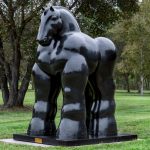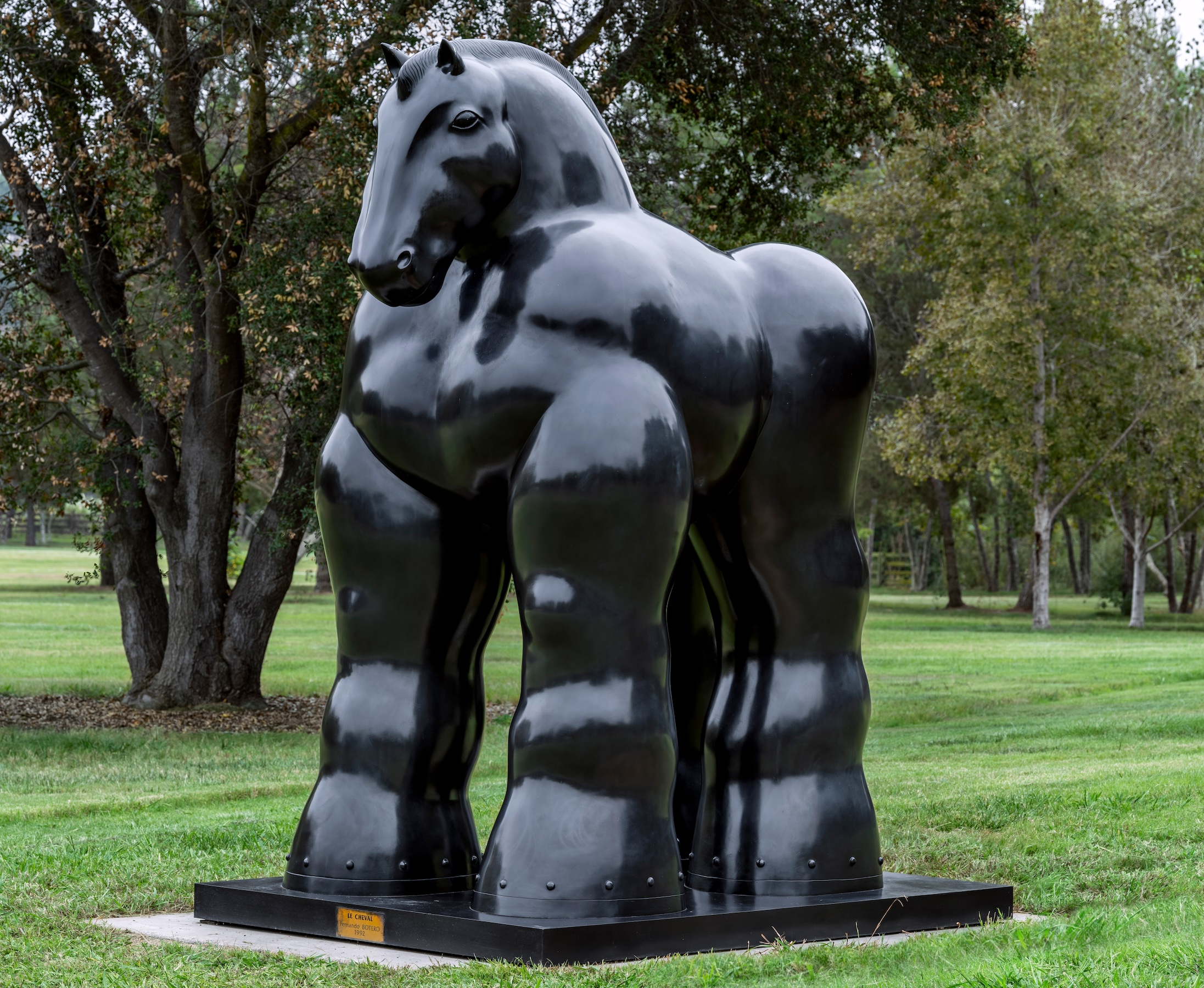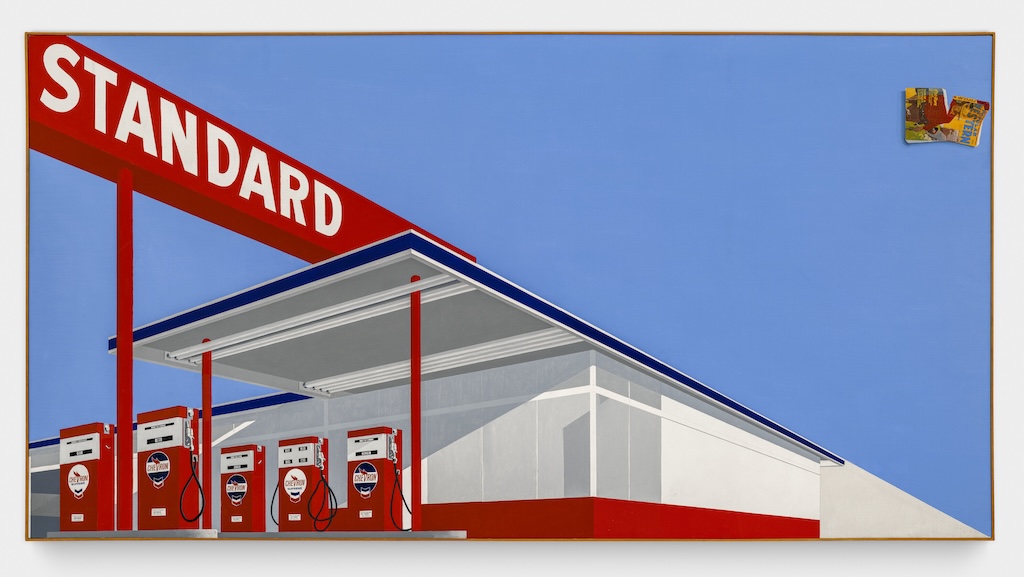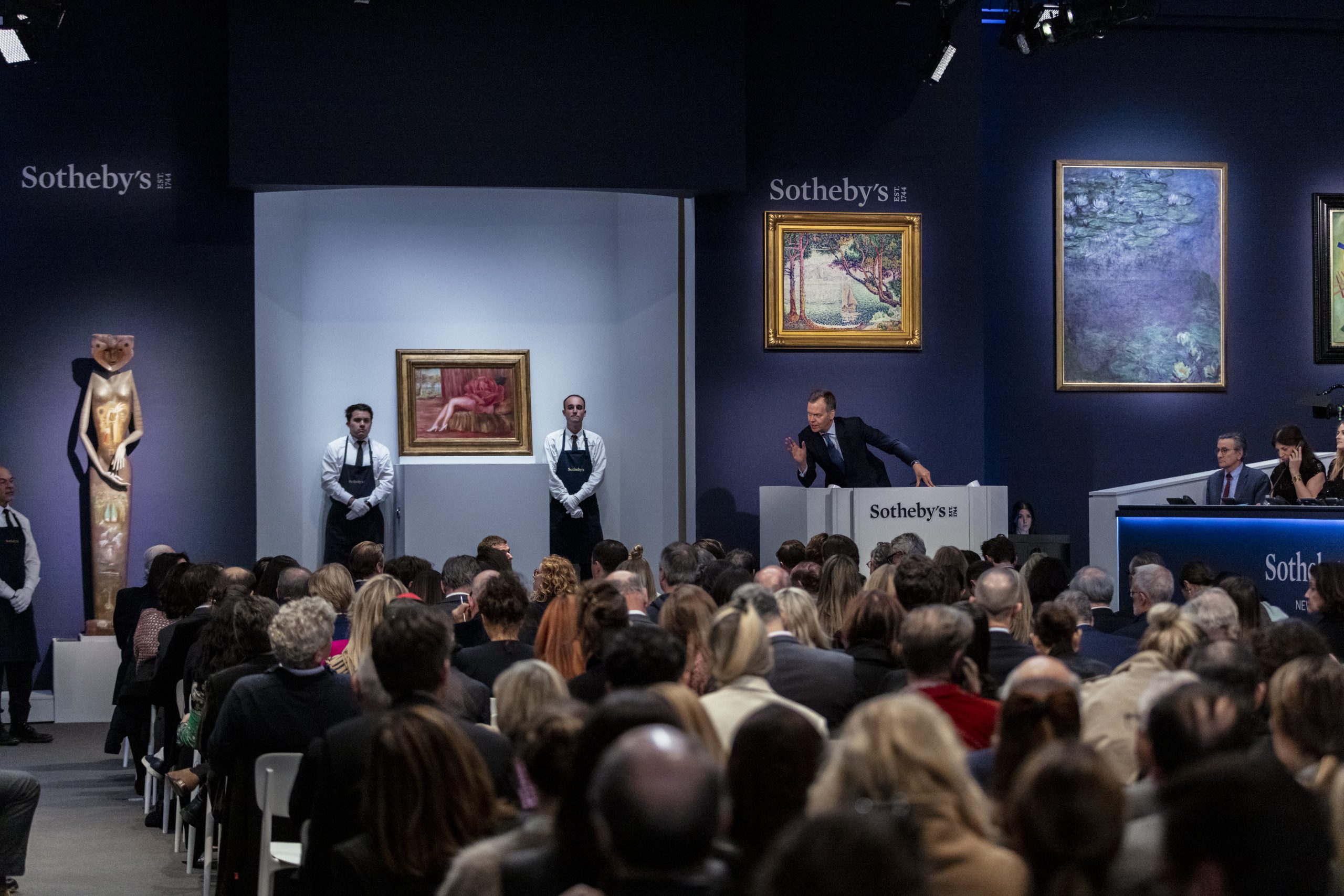A decades-long battle over a statue known as The Wounded Indian has come to an end, with the Chrysler Museum of Art in Norfolk, Virginia, agreeing to return the work to the Boston-based, Paul Revere–founded Massachusetts Charitable Mechanic Association (MCMA), the New York Times reports.
Sculptor Peter Stephenson crafted the work in 1850 from a single piece of white Vermont marble. He donated it in 1863 to the MCMA, where it was displayed at the organization’s headquarters for 65 years.
In 1958, amid a period of what the Times described as “financial trouble,” the MCMA sold their 300,000-square-foot Boston property. During the move to their new location, the MCMA was told The Wounded Indian had been destroyed.
However, after believing for years that the move had cost them the sculpture, the MCMA discovered in 1999 that The Wounded Indian was on display at the Chrysler Museum of Art. The museum claims to have bought the work from a New York collector and dealer in 1986, the dealer allegedly claiming that the work “had been abandoned and was his rightful property.”
Since then, the MCMA has worked to have the object returned, claiming that the statue is actually stolen property. Their general counsel, Paul Revere III, a descendant of the Revolutionary War hero who started the MCMA, and Greg Werkheiser, an attorney for the association, have since entered negotiations with the museum, though no headway had been made.
That is, until recently, after the MCMA reached out to both the Washington Post and the FBI’s Art Crime division as a tactical move to put pressure on the museum to relinquish the sculpture.
“The Wounded Indian is as Boston a piece of art as anything can be,” Revere said in a statement to the New York Times. “The people of Boston deserve to be able to visit and appreciate this part of their heritage.”
Before long, the Chrysler Museum raised the white flag and agreed to hand the sculpture over to the MCMA by the end of August. Erik H. Neil, Chrysler Museum director, said in a statement that he “is pleased with the amicable resolution.” The MCMA complimented the museum’s “wisdom and collaboration in reaching an amicable and ethical resolution of this matter.”
The FBI even chimed in, according to the Times: We are “proud to have been able to help facilitate the return of this 19th-century statue to its rightful owner.”










